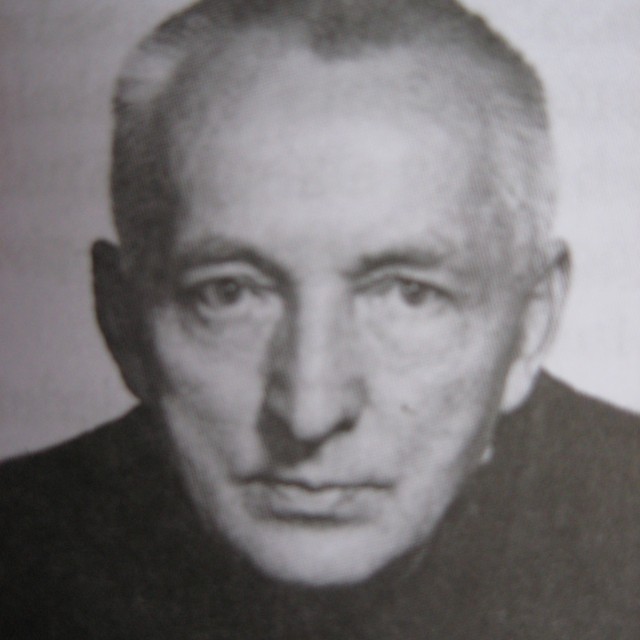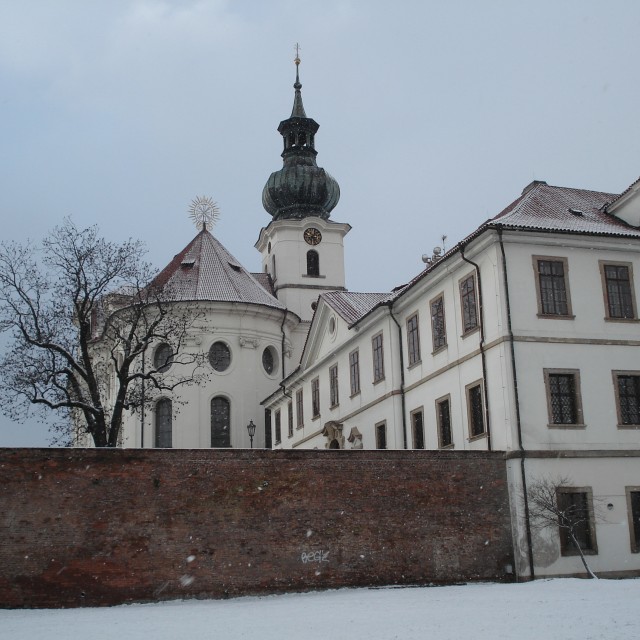The arrest of Abbot Opasek
Jan Josef Kohl decided in 1949 to join the Benedictine order: "I started on September 14, 1949, in Břevnov, and because the situation was quite tense back then already, I wasn't accommodated in the monastery, but in the garden house behind Vojtěška." At that time, the arrest of the representatives of the Catholic Church was already well under way and Mr. Kohl coincidentally witnessed the arrest of Abbot Anastáz Opasek. "On Monday, September 19, 1949, the Abbot still managed to wed one couple at Bílá hora and when he returned to the monastery before eleven o'clock, two men arrived at the reception, claiming that they would like to talk to him, that they were from the municipality. As soon as the porter opened the door, twelve StB agents flocked inside. Thus, fourteen people were arresting one man. At half past eleven they took him to Bartolomějská and in the afternoon of the next day, he was already in Pankrác prison," he recalled. Jan Anastáz Opasek was sentenced to life imprisonment in a monstrous show trial called "Zela and accomplices" at the end of 1950. Jan Josef Kohl. Source: Memory of Nations.
Hodnocení
Abyste mohli hodnotit musíte se přihlásit!
Trasy
Příběh není součastí žádné trasy.
Komentáře

Jan Josef Kohl
Jan Josef Kohl was born on February 21, 1928 in Suchý Důl, near Police nad Metují in the Náchod District, as the fourth out of eight children. His parents had a farm where the children often helped out. After the war, he studied at a trade academy. At that time, he also took part in spiritual training, which was a decisive experience for his later life. After graduation, he asked Anastáz Opasek, abbot of the Břevnov Monastery, to be accepted into the Benedictine order. In September 1949, he witnessed the abbot's arrest. In April 1950, he was interned in the Hejnice Monastery during Action K, aimed at the elimination of male monastic orders. In the following three and a half years, he was sent to the Auxiliary Technical Battalions to work on construction sites and mines. After his return, he had trouble finding employment. He worked mainly as an assistant labourer and metal machinist. In 1968, he began studying in the faculty of theology and in 1973, he was ordained a priest. Due to his affiliation with the order, however, he was not given the state approval necessary for performing the priest's vocation. Thanks to fortunate circumstances, he received the permission two years later and he continued working as a chaplain. In 1990, he returned to the Břevnov Monastery.



